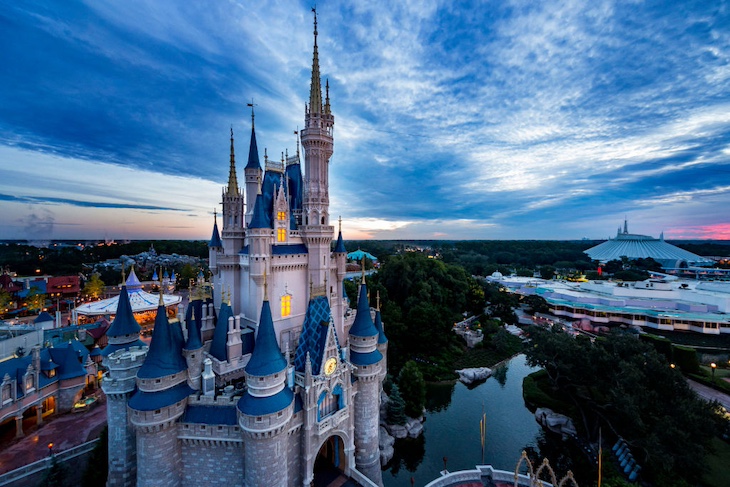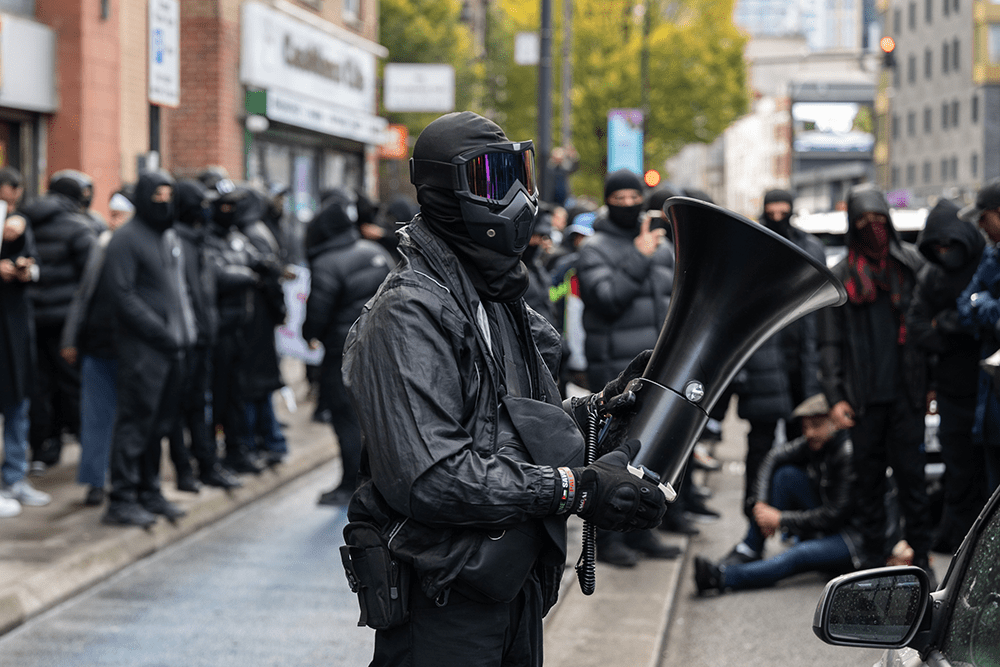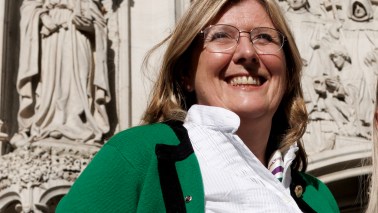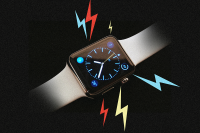The bonfire of DEI cobblers continues. Disney is reportedly removing its patronising trigger warnings from many of the films on its streaming service, presumably having finally realised that audiences do not like being talked down to, and that Peter Pan, Dumbo and The Aristocats are not actually engines of racist radicalisation, as its more insufferable execs once believed.
In 2020, in the wake of George Floyd’s murder, Disney decided its contribution to the fight against ‘systemic racism’ would be prissily condemning its own films for ‘stereotypes’. Everyone from the Native Americans in Peter Pan to the Jazz-singing King Louie in The Jungle Book led to trigger warnings, warning parents and children about this supposedly corrupting content. ‘These stereotypes were wrong then and are wrong now’, read a now-deleted missive on its website.
Now, with the re-election of Trump showing – yet again – that ordinary people look at this censorious pettifogging with a mix of bemusement and contempt, Disney appears to be beating a semi-retreat, shortening the warnings and burying them in the less-visible ‘about’ section on films and shows. This comes after chief executive Bob Iger announced the company would return to being ‘entertainment-driven’, rather than ‘agenda-driven’, after a slew of ‘diverse’ flops for Disney at the box office.
Good. These trigger warnings didn’t just betray a contempt for audiences in general, who are seen as in need of moral inoculation from beloved kids’ flicks. They also betrayed a particular contempt for ethnic minorities, who are presumed by the smart set to be easily offended perma-victims, incapable of appreciating that artworks made 80-odd years ago might occasionally grate against contemporary sensibilities.
Of course, it was never minorities themselves who demanded this guff. As a big More in Common report in the US in 2018 found, ethnic minorities tend to be more opposed to this ostentatious offence culture than white Americans. And the vast majority of white people are still dead against it, too. When polled, 88 per cent of Native Americans say they oppose political correctness, making it unlikely that the ‘What Made the Red Man Red?’ number in Peter Pan is keeping them up at night.
We can debate whether the nascent turn against identity politics in corporate America is sincere. It would be absurdly premature to declare wokeness dead and buried, given many among the American upper-classes remain true believers. But it’s all still welcome. Racial paternalism is out, and free speech and merit are back in, thanks to a concerted pushback from ordinary people. They’ve voted with their wallets – and their, er, votes – and made clear that anyone vying for their business would do well not to treat them like ignorant, easily-led cretins.
Sadly, it seems the vibe shift hasn’t quite reached the cultural elites on this side of the Atlantic. Just as we learned Disney could be moving away from trigger warnings, we learned Channel 4 has been attaching them to acclaimed Nineties sitcom Father Ted. On Channel 4’s streaming service, the classic episode, ‘Are You Right There Father Ted?’, now bears the warning: ‘This episode was made in 1998 and contains language and racial impersonation which some viewers may find offensive.’
If you remember the show, you’ll know how pungently stupid this is. The episode is about the titular priest making an arse out of himself, first by being caught doing a dodgy Chinese impression and then by going to absurd lengths to try to smooth things over – culminating in a slideshow presentation to his parishioners, entitled, ‘The Chinese: a great bunch of lads’. It was a hilarious send-up of both racism itself and the cloying attempts people will make to deflect accusations of racism.
I guess the joke was lost on our humourless betters, who seem to have decided it is now risqué to ridicule bigotry. Perhaps we should start attaching warnings to the people who write these trigger warnings, to warn normal people away from an impromptu lecture. Better yet, let’s have our own reckoning with DEI racialism – and shoot down the trigger warnings for good.








Comments